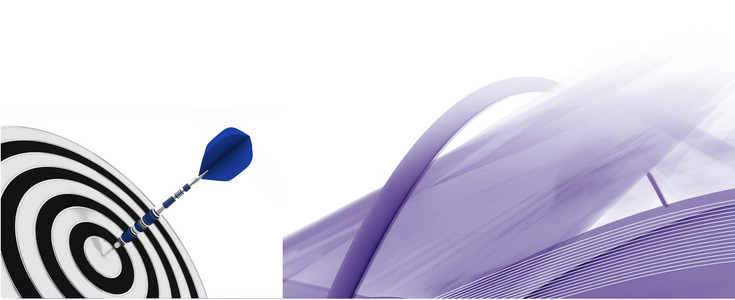ICBS aims

ICBS aims
To hit something you should aim for it...
Research concept
The focus of the Institute of Colloid and Biointerface Science (ICBS), headed by Univ. Prof. Erik Reimhult, is on developing materials science for application to biological and medical problems, to create novel “smart” materials and structures inspired by principles observed in biological systems, and applying physico-chemical methods from colloidal science to biologically and environmentally relevant systems. The basis for this research is that a thorough control and understanding of the chemical and physical properties of mostly nanoscale building blocks on multiple length scales is necessary to understand and utilize the colloidal principles governing biological and bioinspired superstructures, from tissue and biofilms to drug delivery systems. Thus, we aim to understand and control those properties, from molecular groups at interfaces, to molecular monolayers, with particular focus on interfacial polymers; from the colloidal properties of nanoparticles to the long-range interactions of cells at solid and liquid interfaces.
The materials concepts we employ to reach this aim have three main pillars:
- to build up the molecular interface of nanoscale building blocks to control their colloidal stability and interactions, as well as biological interactions using bioinspired ligands and assembly techniques;
- to use the bioinspired methods of molecular and particle assembly at fluid interfaces, which allows exploration of minimum energy configurations and exploitation of the unique possibilities offered by self-organization to reversibly control material structures and through that affect and change function;
- engineering the interfacial properties of biological nanoscale building blocks through molecular biology to study their interactions in model and biological systems.
At our disposal are a range of synthetic and biological building blocks, of which core-shell nanoparticles, so-called patchy colloids, liquid interfaces, bacteria and bacteria membranes are at the center.
In recent years, our emphasis has increasingly been on developing methods to image and measure colloidal interactions that can aid us and others in similar endeavors. In particular, we use developments in cryo- and 3D-electron microscopy, high-speed imaging in 3D with digital holography, in-situ live biointerface optical imaging, biosensing, and calorimetry on the nanoscale.
Teaching
ICBS supports the idea that teaching at a university should be based on the expertise of its researchers. We therefore aim at an increasing contribution to the teaching portfolio at the BOKU, with particular focus on master level courses that match the training required of students in modern biomaterials. The courses offered by ICBS, therefore, are currently mainly complementary to the compulsory course programs offered at BOKU University, but they are conceptualized and central to the understanding required of modern biomaterials engineers and biotechnologists.
We aim to increase the level of all students in our study programs in the basic topics necessary for successful studies in disciplines related to our department such as: physical chemistry, surface science and biophysics. We also strive to provide advanced continuation courses in these topics specialized in colloid, polymer, membrane and biopolymer science. In relation to teaching by most institutes at the BOKU, we see our role as providing a model-based understanding that benefits alternative and innovative views also of the traditional BOKU topics of biotechnology, biomaterials and food science.


